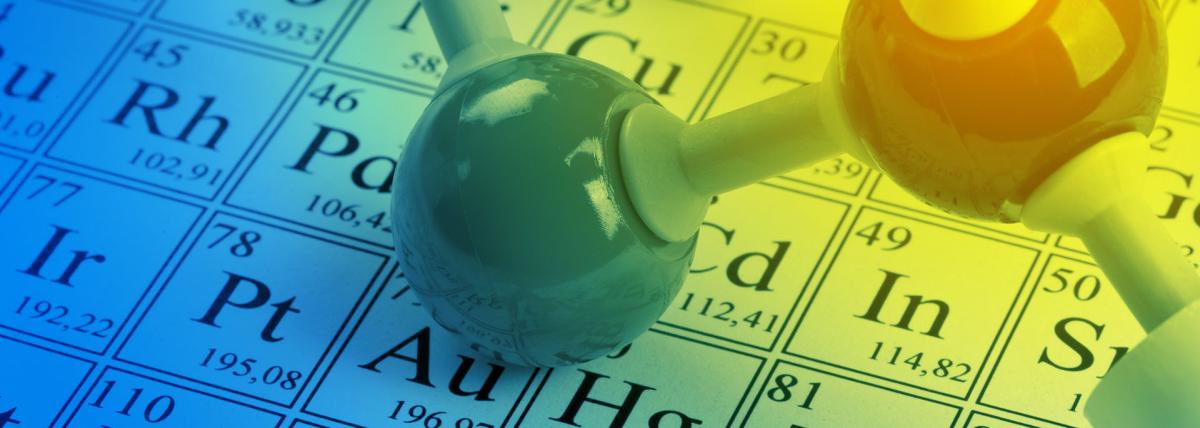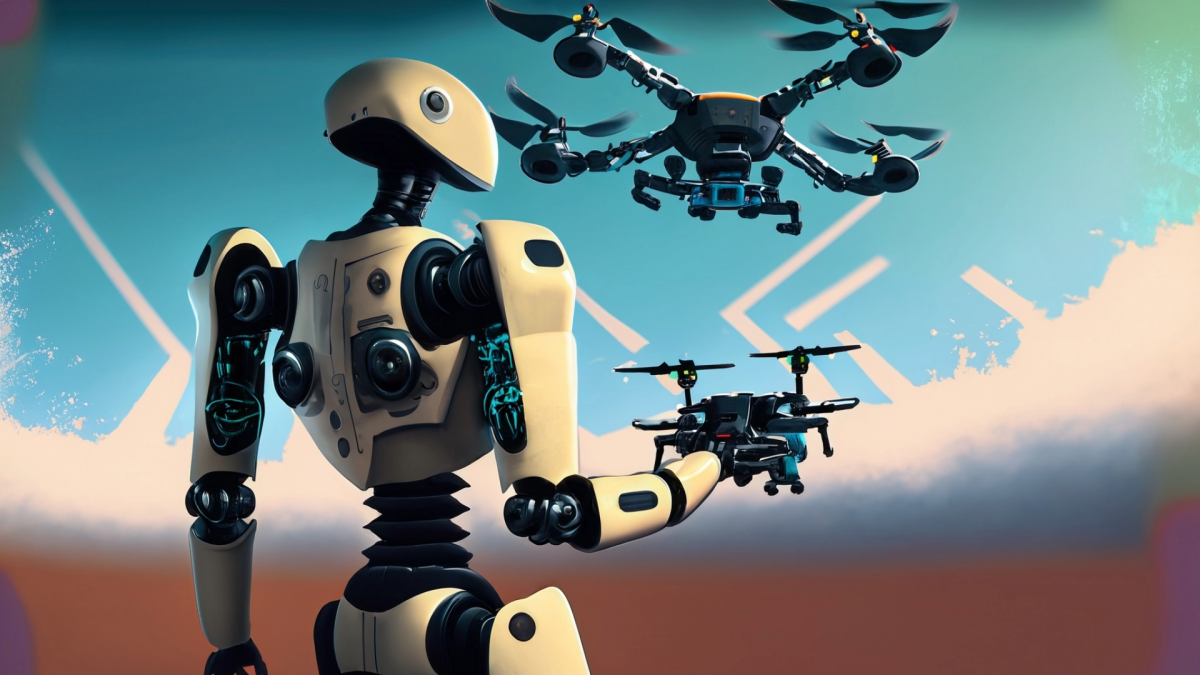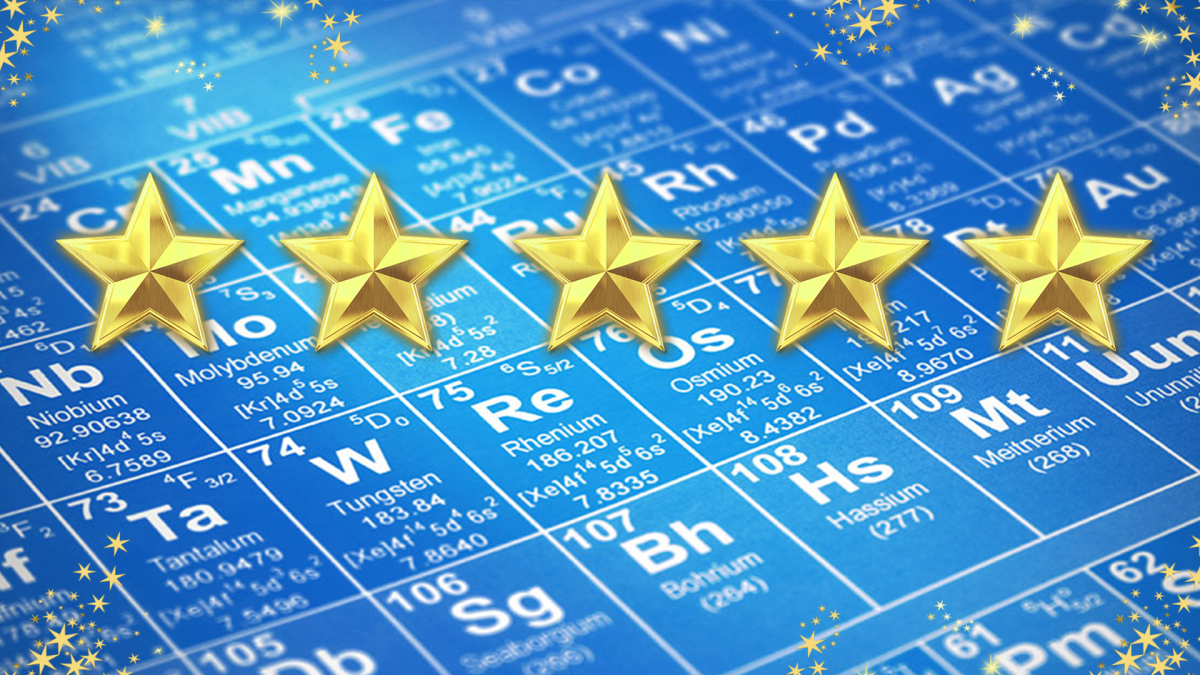
Grades:
9th Grade, 10th Grade, 11th Grade, 12th Grade
This set of lessons allows students to model the structure of an atom and use this to define trends on the Periodic Table and characteristics within groups. In addition, students can relate the




